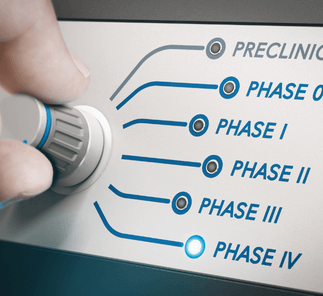There are many costs associated with running a clinical trial, and clinical trials are fundamentally extremely labour intensive. Data needs to be collected, recorded, verified, queried and then errors need to be amended before the CRFs are signed. This process takes time, and time costs money.
An EDC reduces the number of total queries, has a faster query resolution, enables real time visibility of data by the sponsor and equates to fewer monitoring visits required over the lifecycle of the trial.
In order to clean data collected using paper CRFs, every form needs to be completed from the source and monitored. Monitored CRFs are then sent to the data manager, and in most cases entered into a database to verify and store the data.
The data is then reviewed against a data management plan and the protocol and possible errors are identified. Errors must then be queried using a data clarification form which is sent to site for review and resolution. Resolved queries are then re-monitored and any changes go through the cycle once again. This entire process can take weeks to complete.
The mechanism for this review is very different with an EDC. Data is entered into the database from a source record and monitored. Any data point can be programmed with a data validation check designed to query the data point upon data entry, therefore errors can be rectified during the data entry process.
This means that the data that are initially saved are cleaner than data collected on paper and reduces monitoring time. Monitors can query data discrepancies directly into the database with site staff able to correct data in real time.
With fewer queries and an expeditious, ongoing cleaning process, data lock and clinical trial completion is achieved far faster.



